Keywords: Australian Catholics University
There are more than 24 results, only the first 24 are displayed here.
Become a subscriber for more search results.
-
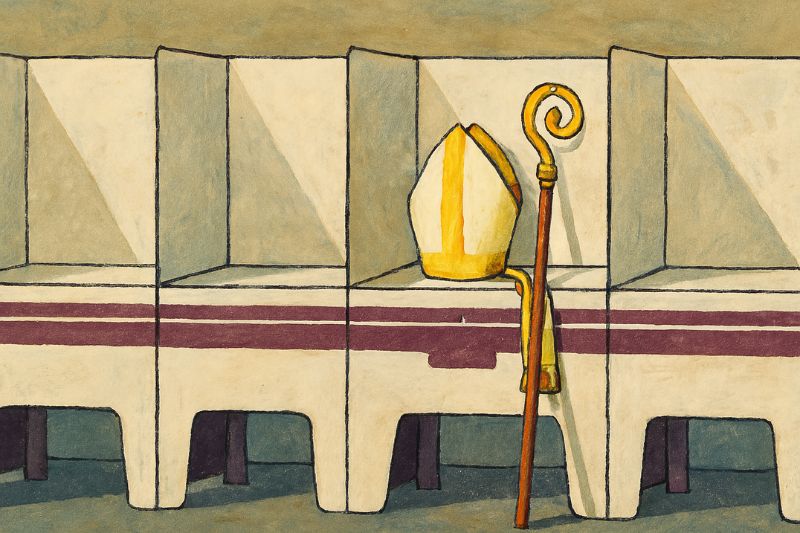
RELIGION
- John Warhurst
- 10 April 2025
As Australia approaches a federal election, the bishops have offered a statement of gentle encouragement themed around hope. Yet in its caution and generality, it raises questions about missed opportunities for moral clarity, national relevance, and a more engaged voice in public life.
READ MORE
-
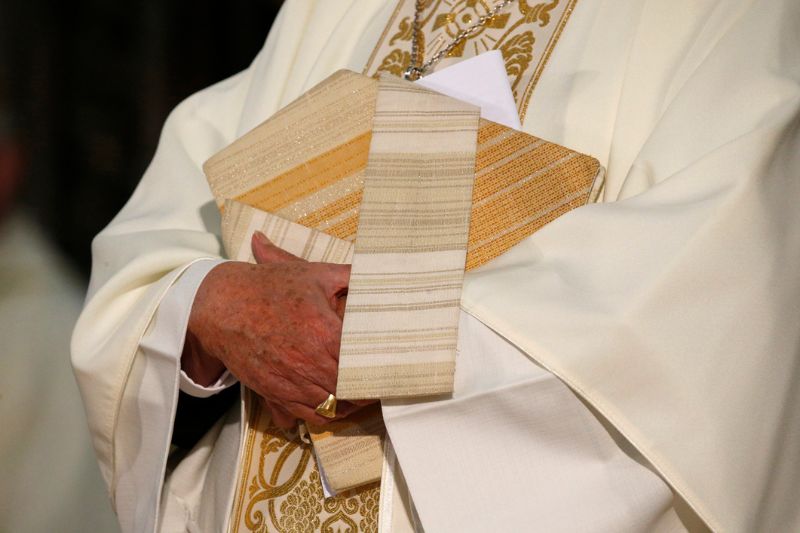
RELIGION
- John Warhurst
- 25 March 2025
As Australia approaches another federal election, the Catholic Church, long ambivalent about democratic politics, prepares to weigh in. Its official statement could play it safe, as in years past — or it could offer a deeper moral vision, confronting the global drift toward division with the quiet radicalism of synodality.
READ MORE
-
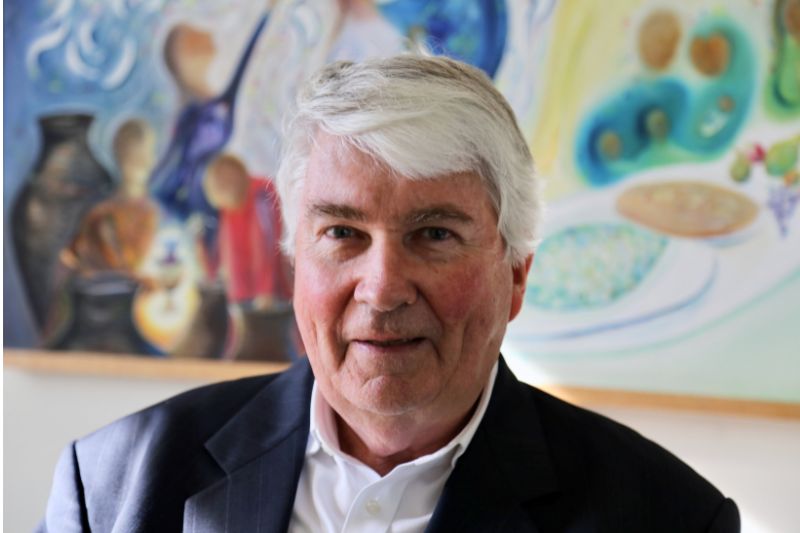
RELIGION
- Jim McDermott
- 13 March 2025
Frank Brennan wears his prominence lightly. A priest, lawyer, and tireless advocate for Indigenous rights and refugees, he is as at home in political corridors as he is at the dinner table, welcoming friends with stories and good cheer. Now, celebrating 50 years as a Jesuit, he reflects on faith, justice, and a life of service.
READ MORE
-

RELIGION
- Emma Carolan
- 19 February 2025
Amidst a rise in antisemitism globally, some in the Jewish community have raised concerns about echoes of historic anti-Judaism resurfacing within the Church. While Catholic leaders condemn overt hate, has the Church fully confronted its entrenched biases, or do old prejudices still affect its response in ways that go unnoticed?
READ MORE
-

RELIGION
- Bill Uren
- 11 December 2024
A contentious graduation speech at Australian Catholic University laid bare divisions between traditional Catholic values and modern sensibilities. The backlash, marked by audience walkouts, underscores broader challenges facing the Church.
READ MORE
-
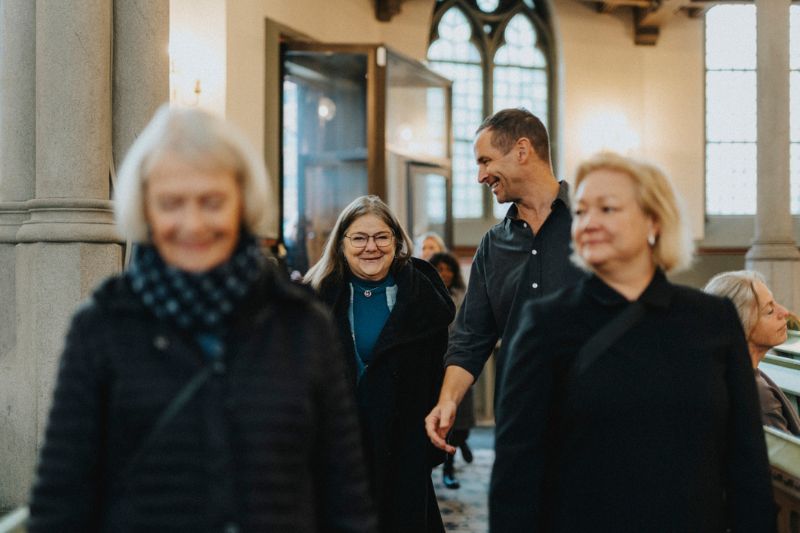
RELIGION
- John Warhurst
- 03 December 2024
2 Comments
The Synod of Bishops may mark a turning point for the Catholic Church, but the real work now begins — locally. From diocesan councils to parish communities, the challenge lies in translating synodality into action. In Australia, divergent episcopal views and a patchy history of reform raise critical questions about the Church’s future.
READ MORE
-
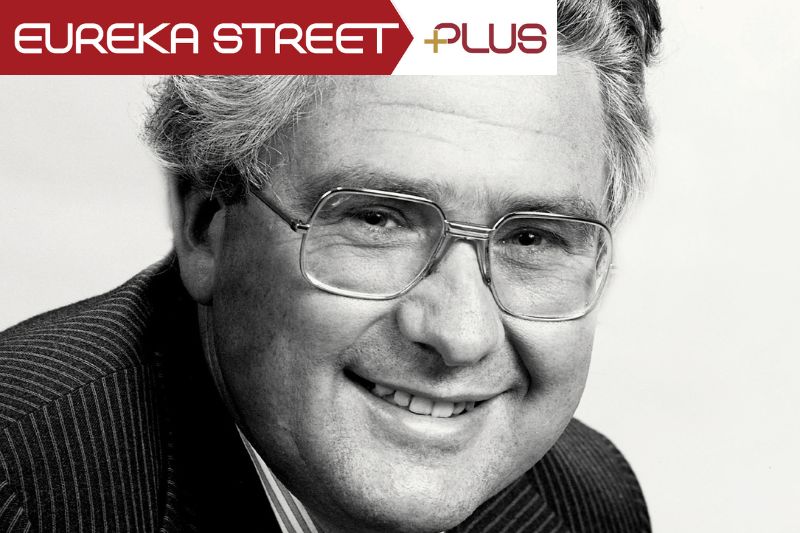
AUSTRALIA
- Andrew Hamilton
- 08 November 2024
1 Comment
The story of Race Mathews’ career will be an antidote to despair about politics and politicians. It underlines the possibilities of politics, showing how it can be more than a job or a career. It can be a calling to imagine a more just society and ways of building it.
READ MORE 
-
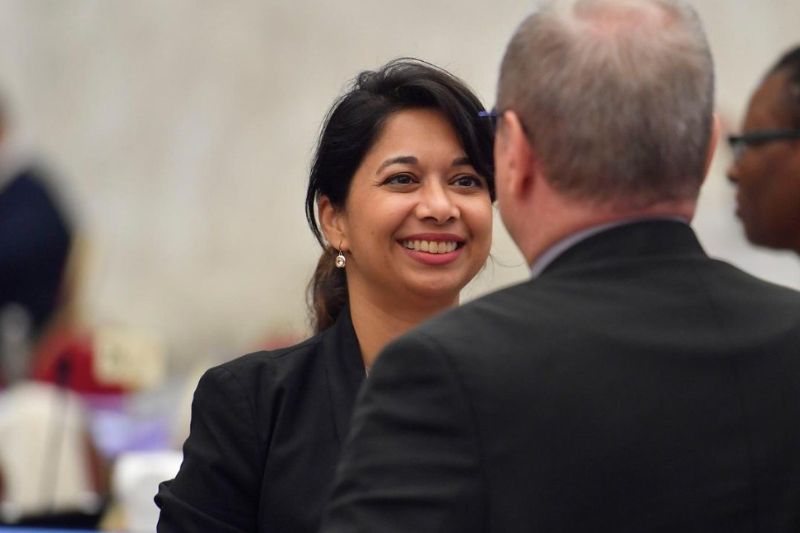
RELIGION
- Joanna Thyer
- 07 November 2024
3 Comments
At the World Synod in Rome, four women joined to advocate for ordaining women as deacons. Though the topic remains off the table officially, the message highlights the Church’s internal conflict between traditional values and growing calls for inclusion and change.
READ MORE
-
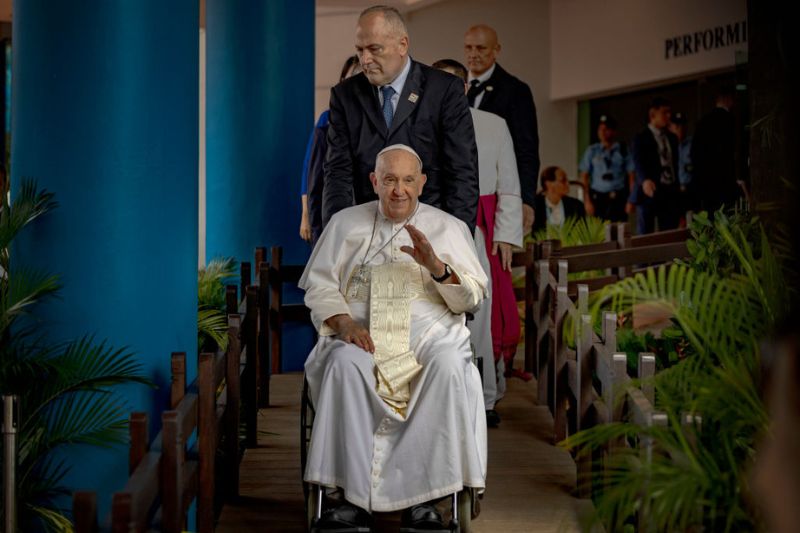
RELIGION
- John Warhurst
- 02 October 2024
4 Comments
During a recent interview on his Papal plane coming back from Singapore Francis made some pointed remarks in response to a veiled question from an American journalist about the US Presidential election contest between the Democrat Kamala Harris and the Republican Donald Trump. He chose to describe the choice as between the ‘lesser of two evils’ because Harris is pro-abortion rights and Trump is anti-immigration.
READ MORE
-

RELIGION
- John Warhurst
- 03 September 2024
8 Comments
Lay-led organizations, once marginalised, are now ascendant in the Church, challenging traditional hierarchies and redefining what church might look like in future. Ministerial Public Juridic Persons (MPJPs) have a growing influence, and for some, hold the potential for a more inclusive, lay-led Church.
READ MORE
-
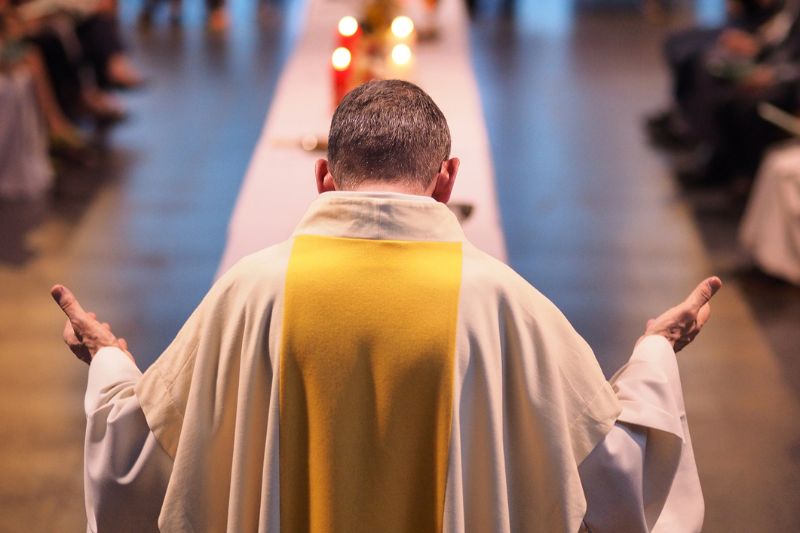
RELIGION
- John Warhurst
- 01 August 2024
14 Comments
In a troubling sign for Catholic reform in Australia, the National Council of Priests faces a dire membership crisis. Founded in 1970 to embody Vatican II's spirit, the organization now struggles to attract younger clergy. This decline mirrors broader challenges in the Church and may imperil efforts toward synodality and renewal.
READ MORE
-
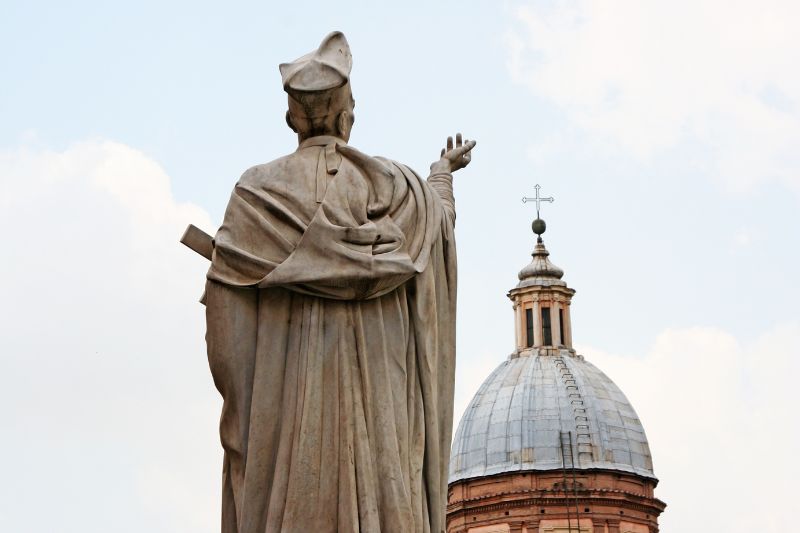
RELIGION
The recent Vatican instruction terminating the celebration of the Tridentine Mass in St Patrick’s Cathedral is a prime example of Vatican officialdom overriding local episcopal authority. Let us hope that in a more decentralized Church some traditional obstacles to ecumenism may be removed without respective ecclesiastical loss of face on the part of the contributing Churches.
READ MORE